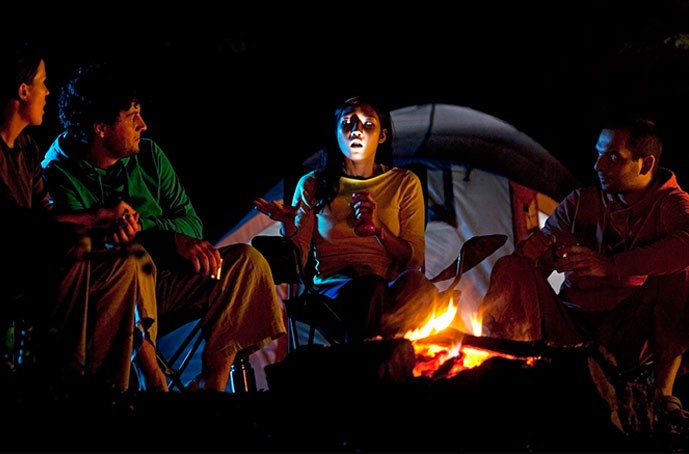People wear sunscreen to prevent skin cancer and early aging of the skin, and we all know how important that is. But now I’ve come to hear that not only can sunscreen lotions be just as harmful as UV light, it can also cause the same things you’re trying to prevent. Smartskincare.com has an article about this, and as I’m reading it, I’m kind of talking about what it’s saying and how I think of it. Maybe some of you can email me your opinions on the subject.
So far what I’ve read is that chemical sunscreens absorb UV waves. It then has to release them. If the sunscreen has been absorbed by your skin, then the “free radicals,” as the UV waves are called after they’re released again, are released directly into your skin. These not only give you the same effects you’re trying to prevent by wearing sunscreen, it also makes your skin sensitive to light, called photosensitization. Octocrylene, octyl methoxycinnamate (octinoxate), benzophenone-3 (oxybenzone) and benzophenone-4 (sulisobenzone) are the chemicals known to cause photosensitization.
The other form of sun protection is physical rather than chemical. It’s a finely crushed powder of either zinc oxide or titanium dioxide. They tend to be better for your skin as long as they’re not in the form of nanoparticles. The downside is, it’s hard to get a broad enough protection from these and they tend to rub off. They also turn your complexion a powdery white color. So chemical sun screens may be the better way to go if you’re going to be in the sun for a long period of time or when the sun is particularly intense.
Manufacturers are looking for ways to solve this problem. They’ve come up with things such as microencapsulation, which stores the UV waves that hit your skin in tiny capsules, making it less likely that they will be absorbed into your skin. They’ve also considered adding antioxidants to combat the harmful rays. Another idea has been photostabalizers. These reduce the effect of the free radicals on your skin. Try looking for these when you buy your next bottle of sunscreen.
Any way you look at it, nothing is perfect and research isn’t complete. The best thing for you to do is finding an option that fits your lifestyle. If you’re in the sun for longer periods of time, use a sunscreen instead of the minerals. If you think one of the three new technologies is more realistic or seems to work better to you, then look for that one. In the end, it’s all up to what you believe until more information is released.
For comments, questions, or suggestions, email me at victorialynnwalker@yahoo.com.





